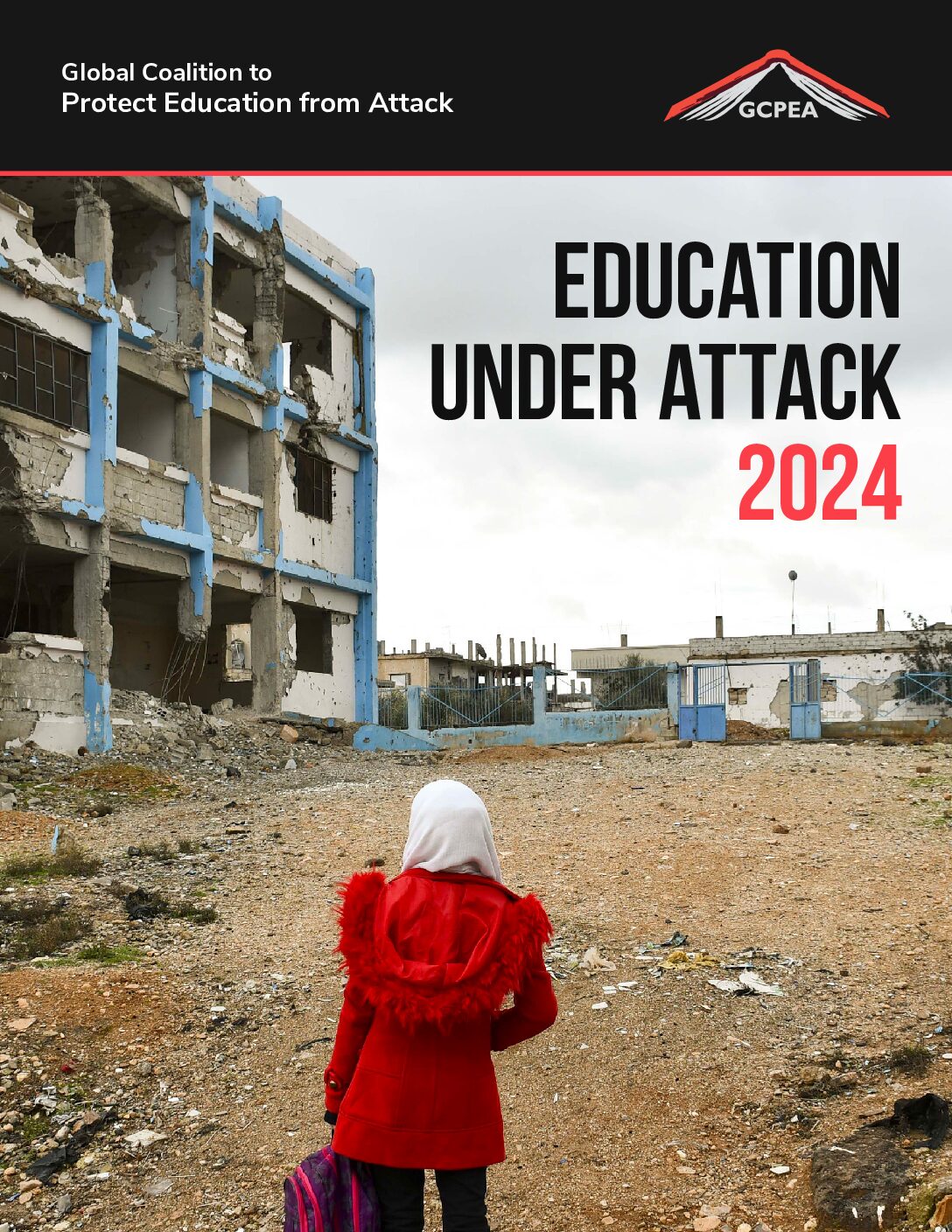GCPEA News
Bangladeshi university professor hacked to death in Rajshahi
BBC News, April 23, 2016
A university professor has been hacked to death in Bangladesh, in an attack police say is similar to killings of secular bloggers and atheists by suspected Islamist extremists.
AFM Rezaul Karim Siddique, 58, was a professor of English at Rajshahi University in the country’s north-west.
He was attacked with machetes as he left home to go to work.
So-called Islamic State militants say they killed him for “calling to atheism” in Bangladesh.
The claim was made by IS-linked Amaq Agency, cited by US-based SITE Intelligence Group which monitors jihadist groups.
However, Siddique’s colleagues earlier said that he had not written anything controversial and was not an atheist, unlike previous victims.
Police believe that he may have been targeted by suspected Islamist extremists because he was involved in cultural activities.
The BBC’s Dhaka correspondent Akbar Hossain says hardline Islamist groups dislike anyone involved in the cultural field.
Last year, four prominent secular bloggers were killed with machetes.
Siddique had founded a music school and edited a literary magazine, his family told the BBC.
Deputy police commissioner Nahidul Islam told AFP news agency that the music school was in Bagmara, a former bastion of outlawed Islamist group Jamayetul Mujahideen Bangladesh (JMB).
Members of JMB were arrested over an assault on an Italian Catholic priest late last year.
Siddique’s wife, Hosne Ara, said she had no idea why anyone would want to kill her husband.
“As far as I know, my husband didn’t have any personal enmity with anyone. I can’t believe that he has been murdered,” she told the BBC.
Hundreds of students at Rajshahi University are reported to have protested on campus against their teacher’s death and demanded the immediate arrest of the perpetrators.
Siddique is the fourth professor at the university to be have been killed in the past 12 years. It is not clear why they have been targeted and no culprits have been punished.
Earlier this month, a Bangladeshi law student who had expressed secular views online died when he was hacked with machetes and then shot in Dhaka.
The four bloggers killed last year had all appeared on a list of 84 “atheist bloggers” drawn up by Islamic groups in 2013 and widely circulated.
There have also been attacks on members of religious minorities including Shia, Sufi and Ahmadi Muslims, Christians and Hindus.
Several men are under arrest for last year’s killings, including some attached to a hardline group called the Ansarullah Bangla Team.
Muslim-majority Bangladesh is officially secular but critics say the government has failed to properly address the attacks.
Last week, Prime Minister Sheikh Hasina issued a stern warning to anyone who criticised religion: “I don’t consider such writings as freethinking but filthy words. Why would anyone write such words? It’s not at all acceptable if anyone writes against our prophet or other religions.”



